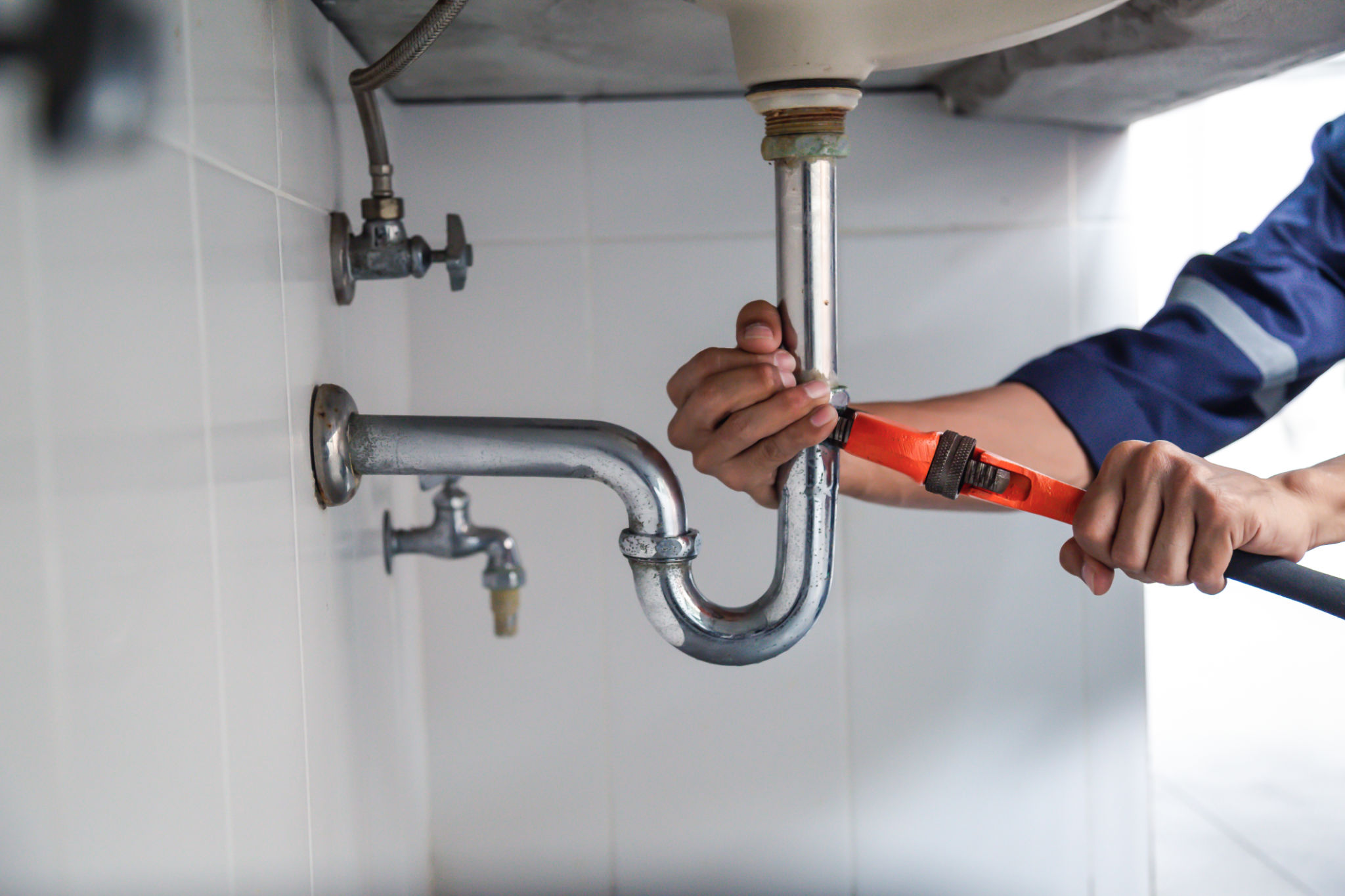Understanding the Importance of Local Plumbing Regulations in Seattle
The Role of Plumbing Regulations
When it comes to maintaining a safe and efficient plumbing system, understanding local regulations is crucial. In Seattle, these regulations ensure that plumbing systems are designed and installed correctly, protecting both the community and the environment. Adhering to these rules not only helps avoid potential legal issues but also prevents costly repairs in the future.
Plumbing regulations cover various aspects, including pipe materials, water conservation measures, and installation standards. These guidelines are designed to ensure that all plumbing work meets a specific standard of quality and safety. For homeowners and businesses alike, being aware of these rules can save time and money.

Key Regulations in Seattle
Seattle's plumbing regulations are detailed and comprehensive, reflecting the city's commitment to sustainable practices and public safety. One key area is water conservation. The city has implemented strict guidelines to ensure that plumbing systems use water efficiently. This includes requirements for low-flow fixtures and water-saving appliances.
Another important regulation involves the use of approved materials. Seattle mandates that only certified materials be used in plumbing installations, ensuring durability and minimizing the risk of leaks or failures. This is particularly important in a city like Seattle, where environmental concerns are paramount.
Permits and Inspections
Before starting any plumbing project, obtaining the necessary permits is essential. In Seattle, permits ensure that all work complies with local regulations and standards. This process involves submitting detailed plans for review by the city's building department. Once approved, the project can proceed under the oversight of qualified inspectors.
Inspections are a critical component of the permitting process. They ensure that the work is performed according to the approved plans and meets all safety standards. Regular inspections also help identify any issues early on, preventing more significant problems down the road.

The Impact of Non-Compliance
Failing to adhere to local plumbing regulations can have severe consequences. Non-compliance can lead to fines, legal action, and even forceful removal of improperly installed systems. More importantly, it can compromise the safety of the building's occupants and lead to costly repairs or replacements.
Additionally, non-compliance can negatively impact property values. Potential buyers are less likely to invest in properties with known regulatory violations, making it crucial for homeowners to ensure all plumbing work complies with local standards.
Staying Informed
For homeowners and contractors, staying informed about Seattle's plumbing regulations is key to successful project execution. Regularly reviewing updates from the city's building department and attending relevant workshops or seminars can provide valuable insights into any changes in the regulations.
Utilizing professional plumbing services that are well-versed in local regulations can also be beneficial. These experts can guide you through the permitting process and ensure that all work complies with Seattle's standards, providing peace of mind and protecting your investment.

Conclusion
Understanding and adhering to local plumbing regulations in Seattle is essential for ensuring safe and efficient plumbing systems. By following these guidelines, homeowners and businesses can avoid legal complications, reduce environmental impact, and save money in the long run. Whether you're planning a minor repair or a major installation, being aware of these regulations will help you navigate your project smoothly.